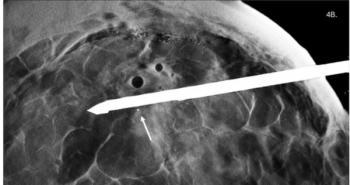
TMG to provide PACS consulting to AmeriNet
Technology Marketing Group has signed a three-year contract with AmeriNet to provide the healthcare purchasing organization with research and consulting services in diagnostic imaging and PACS. St. Louis-based AmeriNet represents 14,750 hospitals,
Technology Marketing Group has signed a three-year contract with AmeriNet to provide the healthcare purchasing organization with research and consulting services in diagnostic imaging and PACS.
St. Louis-based AmeriNet represents 14,750 hospitals, medical groups, nursing homes, surgery centers, managed-care organizations, pharmacies, and integrated delivery networks in all 50 states. TMG specializes in technology marketing research, with an emphasis on medical imaging. It has recently begun assisting hospitals with planning for digital image management and PACS projects.
TMG will offer AmeriNet member facilities PACS education seminars, imaging operations assessment programs, benchmark reports comparing imaging centers operations and performance to regional and national data, and development of site-specific quality assurance programs.
Newsletter
Stay at the forefront of radiology with the Diagnostic Imaging newsletter, delivering the latest news, clinical insights, and imaging advancements for today’s radiologists.














